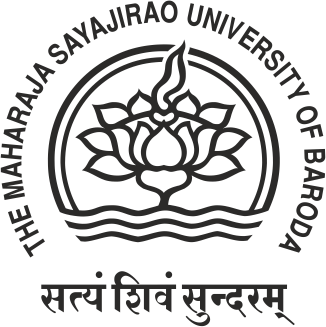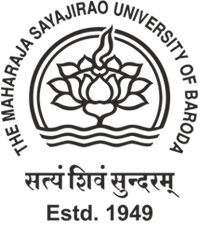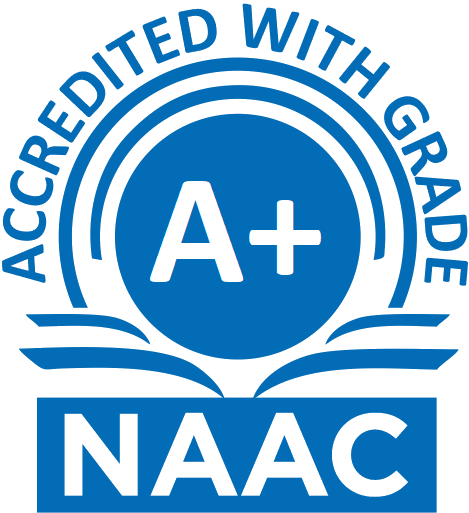Department of Mechanical Engineering:
The department of Mechanical Engineering is one of the oldest departments in this Faculty. Over these years the department has grown academically through technology teaching and research work carried out at undergraduate and post graduate level. The department has undertaken a number of laboratory development programs from time to time for the up-gradation of existing laboratories. Currently, laboratory modernization program is in progress. The department has been actively in association with the neighboring industrial houses through active consultancy and extending its existing testing facilities. The department has completed undertaken quite a few projects (for modernization development of its laboratories) funded by AICTE and others.
History of the Department:
Mechanical Engineering was a founding member department of erstwhile Kalabhavan Technical Institute that began imparting technical training and education way back in May 1890. Initially various trade courses like turner, fitter, smithy, carpentry, watch repairing were offered. In 1903, in affiliation with Victoria Jubilee Technical Institute, the Diploma program began.
It was Principal Chhotalal Harjivandas Vora who served the erstwhile KTI [Kalabhavan Technical Institute] for longest tenure as principal - 1908 to 1935 - credited to steer the growth of KTI to engineering college and developed blue print of development. Following the end of World War II, the actual development commenced with erstwhile Baroda State providing Rs.25 lac in 1945 led construction of building annex to KTI built in 1917 to begin degree program.
In 1948 Degree program of 3 year duration in [Mechanical & Electrical] began. From 1952 the two degrees were separated with each of three-year duration. To maintain need for electromechanical engineers by industries, a supplementary degree of one year duration was offer to electrical and mechanical engineering degree holders. This scheme was discontinued in 1967.
In 1956 post-graduate program in Internal Combustion Engineering was launched. In 1964 post-graduate program in Production Engineering and post-graduate diploma in Refrigeration and air-conditioning were started.
Key Thrust Areas:
- Advance Manufacturing Technology
- Composite Materials, Processing, Characterization & Tribology
- Eco Friendly Air Conditioning and Refrigeration
- Stress Analysis
- Robotics & Automation
- Solar Energy & Bio Fuels
Offers Laboratory Facilities to Other Departments:
- Advanced CAD/CAM Software (Pro-E, MDT, HTFS)
- Enhanced Condenser Tube Test Rig
- Electric Discharge Machining, Ultra Sonic Welding
- Equipment used in Turbo Machines Laboratory, e.g. Supersonic Wind Tunnel, etc.


